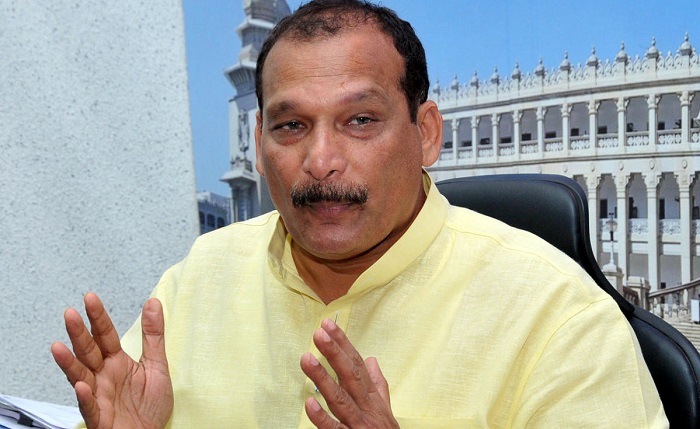New Delhi, Feb 6: In a bid to pressure companies into hiring more Saudi citizens and reduce unemployment in the country, the Kingdom of Saudi Arabia has imposed a restriction on the expatriates from working in 12 sectors.
The tighter policy has been approved by Labor Minister Ali bin Nasser al-Ghafis, a report in Prabhat Khabar said.
The new rule could potentially affect large numbers of people since about 12 million foreigners work in Saudi Arabia, doing many of the strenuous, dangerous and lower-paid jobs shunned by 20 million Saudi citizens.
The restriction is also likely to affect over 30 lakh Indians who live and work in Saudi Arabia.
Minister of Labour and Social Development will restrict working in these 12 sectors in a phased manner.
The following sectors will be restricted for hiring of expatriates from September 11, 2018:
- Car and motorbike showrooms
- Readymade clothes stores
- Home and office furniture stores
- Home appliances and kitchen utensils stores
The following sectors will be restricted for hiring of expatriates from November 9, 2018
- Electronics stores
- Watches and clocks stores
- Optics stores
The following sectors will be restricted for hiring of expatriates from January 7, 2019
- Medical equipment and supplies stores
- Building material stores
- Auto spare parts stores
- Carpet selling stores
- Sweet shops
The jobless rate among Saudis aged 15 to 24 stood at 32.6 percent last year, according to the International Labour Organisation. Saudi Arabia posted an economic contraction in 2017 for the first time in eight years due to severe austerity measures.
The new rule is a part of the ongoing economic reforms launched last year to ease joblessness among Saudis by 2020. Saudi Arabia is India's fourth largest trade partner after China, the US and the UAE.
The country is a major source of India's energy requirement as it accounts for almost one-fifth of India's crude oil requirement.






Comments
maybe they could sell pakodas there.
Why it affects only workers? What about the people who running companies or business there? Through them country getting benefit. so those people needed..!
It will affect more to Indian economy. Indian economy bulit by arab countries money... by indian people who work in arab countries
Indirectly they are doing Swadeshi movement. many countries following the same thing.
India should do the same for creating more job oppurtunities to Indian citizens
Many countries doing the same for protecting their people. Foreigners doing work their may create lack of jobs for citizens.
Add new comment